
Associate Professor, College of Computer Science, Nankai University
Address: No. 38, Tongyan Road, Haihe Education Park, Tianjin, China
Email: xiang.li.implus [at] {nankai.edu.cn}
Research Group Page: IMPlus@PCALab

We are looking for self-motivated students! Please feel free to contact me through the email (attach your CV). We would not push, but you should always be self-driven for your own target, i.e., making solid and impactful contributions to the CV/AI community.

状态: 副教授
研究方向: 红外小目标
成果: 主持发布 SIRST V1、SIRST V2、DenseSIRST、HazyDet、GrokLST 等多个开源数据集。主持国自然青基、博士后面上等校企合作项目 5 项,主要成果发表在 IJCV、IEEE TGRS等国际知名期刊。谷歌学术引用 3500 余次引用,入选斯坦福前 2% 顶尖科学家榜单。曾获河南省教育厅科技成果二等奖(排名第二)、首届粤港澳大湾区国际算法算例大赛遥感目标检测赛道亚军、“吉林一号”杯卫星遥感应用青年创新创业大赛一等奖。
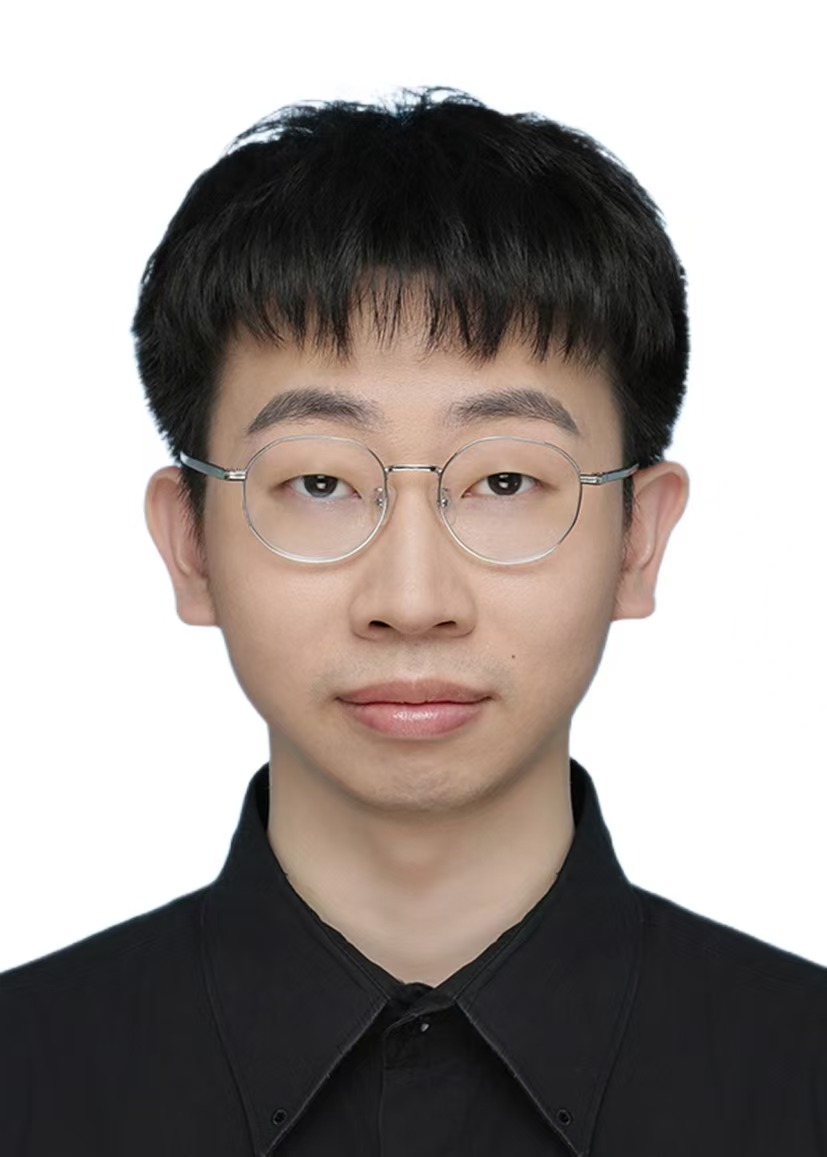
状态: 博士
研究方向: 多模态感知,大模型
成果:2021首届“征图杯”校园机器视觉人工智能大赛亚军,2022第二届计图人工智能挑战赛冠军,2022第五届开源创新大赛团体一等奖。在CVPR,NeurIPS,TPAMI 等顶级会议期刊上发表论文数篇,Google Scholar引用500+。影石Insta360自动剪辑算法研发主要成员,申请两项发明专利。2024院长奖章、优秀毕业生、博士生国家奖学金和优秀研究生干部获得者。
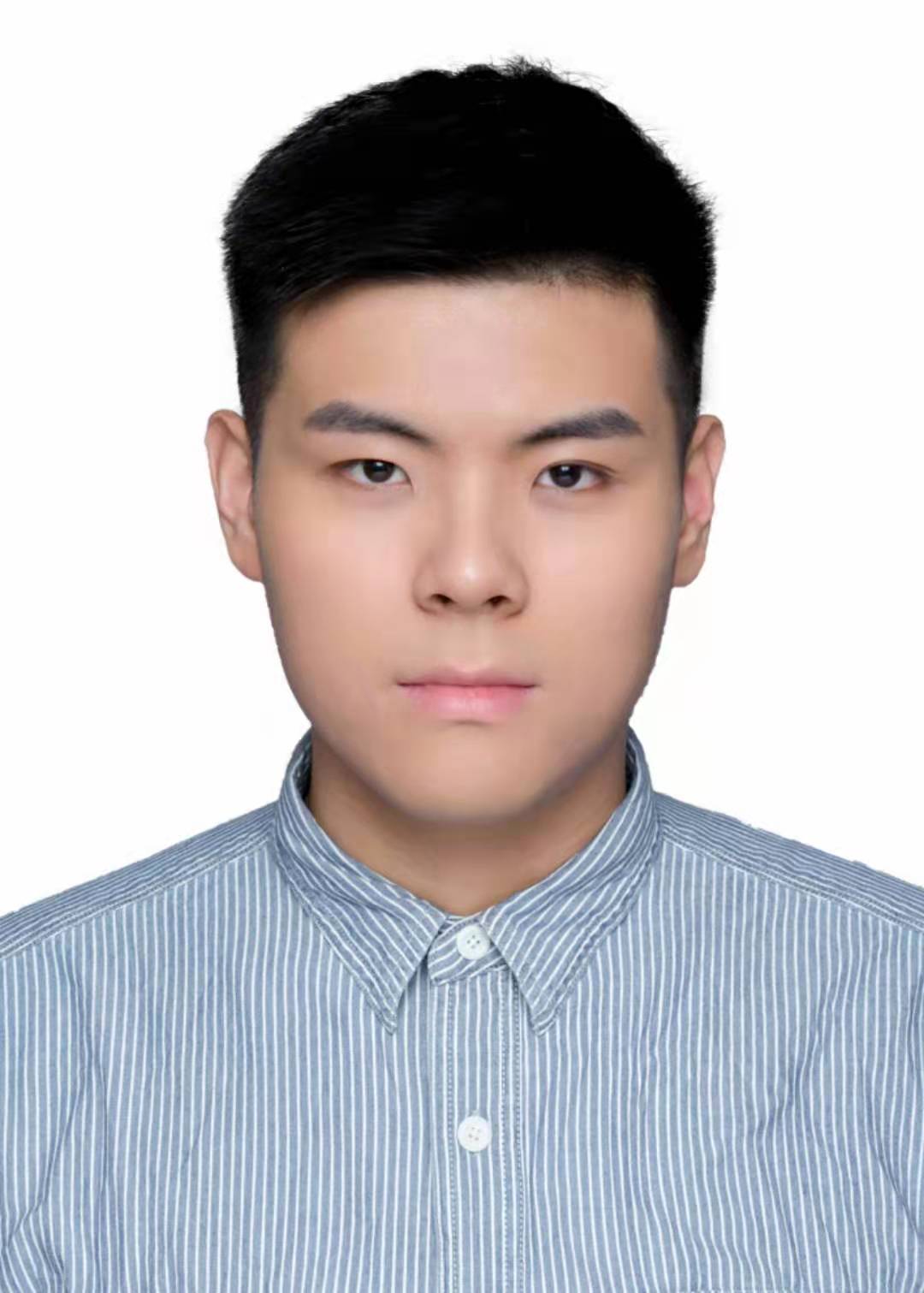
状态: 博士
研究方向: 智能科研服务
成果:“减论Agent系统”、“减论APP”算法研发负责人,推动科研流程的智能化与自动化,减论IP学术账号获得全网3万+关注,播放量近100万次,HuggingFace接口调用5000余次。获得粤港澳国际算法算例大赛三等奖,在AAAI等国际顶级会议及SCI期刊上发表多篇学术论文。未来将持续探索智能技术在科研流程中的深度融合与应用创新。
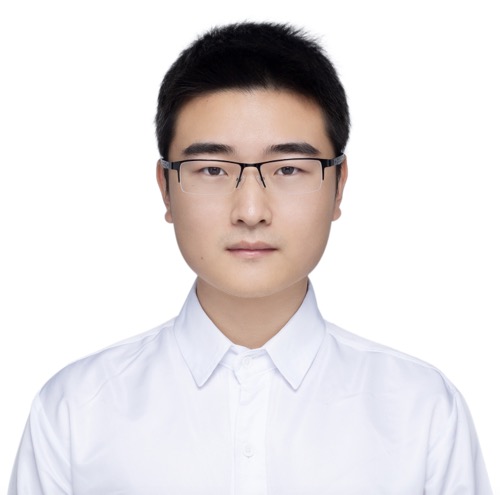
状态: 博士
研究方向: 遥感感知、大模型
成果: 2022第二届计图人工智能挑战赛冠军,2022第五届开源创新大赛团体一等奖,2022首届粤港澳大湾区国际算法算例大赛二等奖。在NeurIPS,IJCV,ICCV等顶级会议期刊上发表论文数篇,Google Scholar引用900+。2024 PRCV竞赛和2025 第七届全球校园人工智能算法精英大赛出题人。
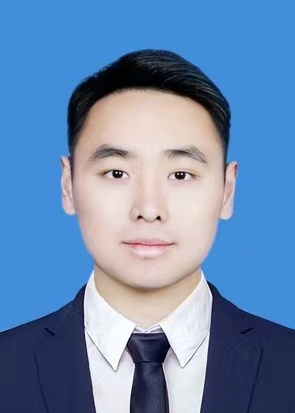
状态: 博士
研究方向: 多智能体感知、大模型
成果: 南开-新奥质信实验室算法架构负责人,影石Insta360自动剪辑算法研发主要成员。多次获得CVPR2020、CVPR2021不完备数据竞赛语义分割项目和目标定位项目冠军、季军。于2023年获得第三届计图挑战赛季军和第六届开源设计大赛二等奖。曾于京东探索研究院和旷视科技进行实习。申请一项PCT国际专利和两项国内专利。
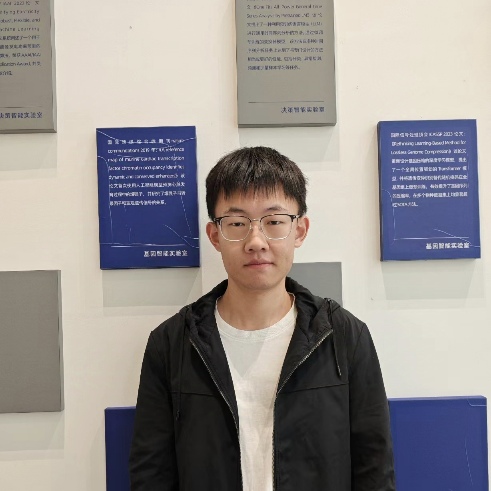
状态: 博士
研究方向: 多模态模型,模型压缩
成果: 在Kaggle竞赛中获得两次金牌,获Kaggle Master。一作在ICCV,CVPR,AAAI等会议期刊上发表多篇论文,谷歌学术引用450+。曾获研究生国家奖学金。曾在旷视科技,蚂蚁集团,阿里巴巴达摩院进行研究性实习。
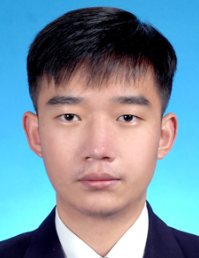
状态: 博士
研究方向: 多模态模型,模型压缩
成果: 2022年首届粤港澳大湾区国际算法算例大赛三等奖、2023年获得第三届计图挑战赛季军和第六届开源设计大赛二等奖。一作发表发表ECCV论文一篇。本科曾获河南省三好学生。
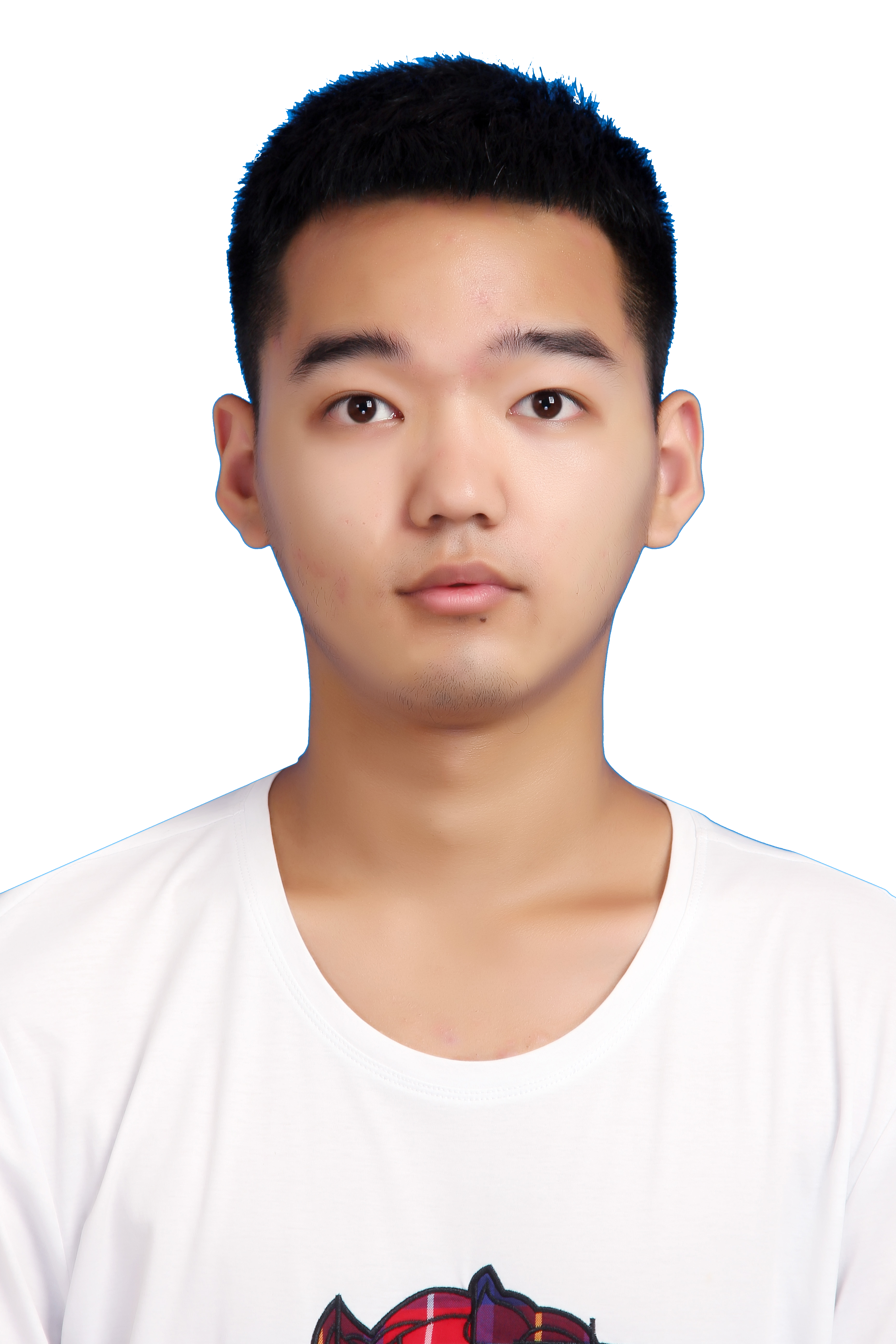
状态: 博士
研究方向: 智能科学
成果: 专注于高分辨率图像分析,发表以下论文:路面病害识别:2022 ACM MM,2021, 2023 IEEE T-ITS; 计算病理学:2023 ICCV, 2024 CVPR。在硕士期间获得国家奖学金。
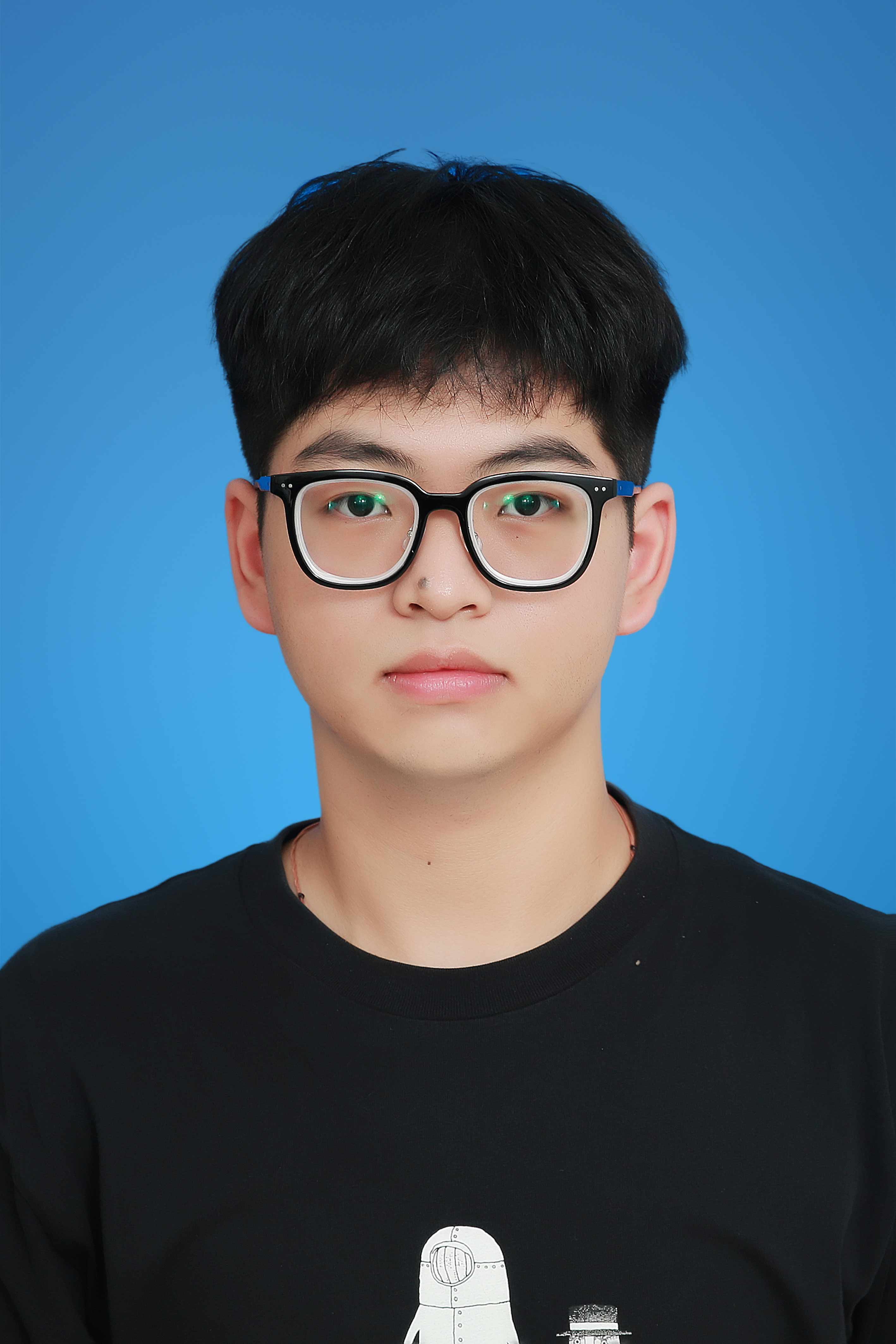
状态: 博士
研究方向: 大模型、智能科研服务
成果: “减论”APP后端研发核心团队;2024ICPC成都/沈阳银奖、2024ICPC东亚赛区决赛铜奖、2023ICPC杭州银奖、2024CCPC重庆银奖、2023CCPC深圳/秦皇岛银奖;
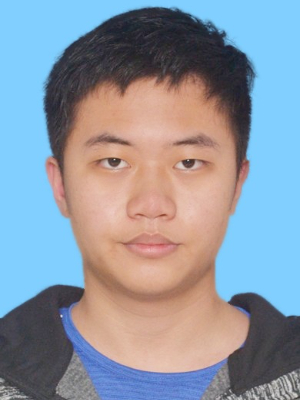
状态: 博士
研究方向: 大模型、智能体
成果: 南开-新奥质信实验室子课题算法负责人、2023ICPC西安邀请赛银奖、蓝桥杯国一、程序设计天梯赛国一
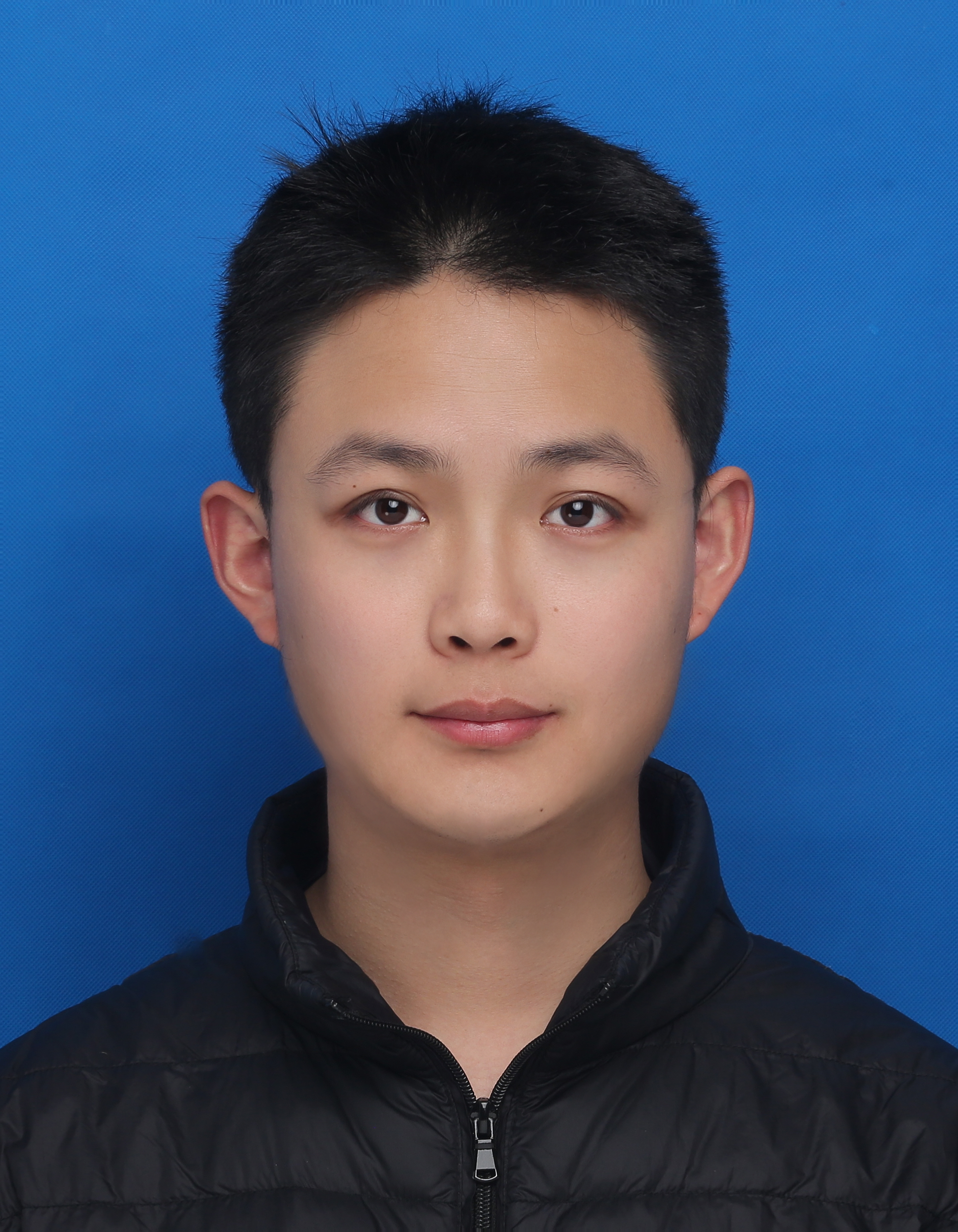
状态: 博士
研究方向: 遥感感知;交互式模型
成果: 获Kaggle2金3银1铜;2021 CCF BDCI婴儿超声血管瘤分割冠军; 2022百度时序动作定位大赛冠军; 2023科大讯飞PET图像分析和疾病预测竞赛冠军; 2025 CVPR第四届反无人机竞赛赛道一冠军; 2024 ICPR弱监督红外小目标检测冠军; 2024 ICPR轻量级红外小目标检测冠军; 2024 PRCV广域红外小目标检测冠军; 2024长光卫星高分辨率道路提取竞赛一等奖; 2017江苏省高等数学竞赛一等奖;2019全国大学生数学建模竞赛二等奖。在NeuroImage,Medical Physics,PRCV等会议期刊上发表论文数篇,Google Scholar引用100+。
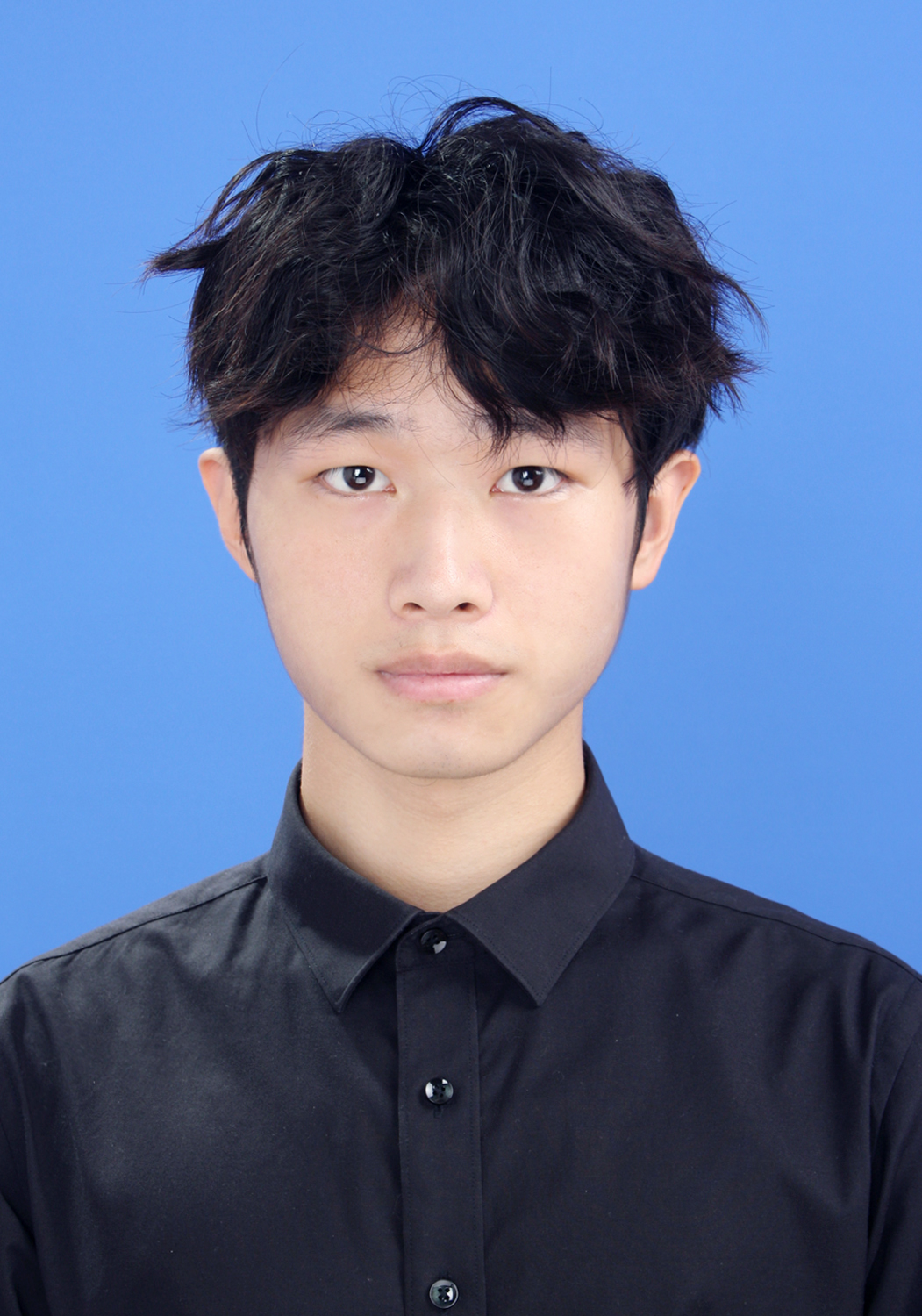
状态: 博士
研究方向: 遥感感知、半监督学习
成果: 专注于遥感目标检测领域,2025 CVPR第四届反无人机竞赛赛道一冠军赛道二亚军,2024长光卫星高分辨率道路提取竞赛三等奖;一作发表AAAI 2025论文一篇,二作发表NeurIPS2024论文一篇
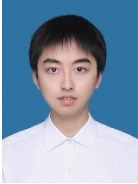
状态: 硕士
研究方向: 计算机视觉、遥感感知
成果: 获首届粤港澳大湾区国际算法算例大赛亚军、2023计图人工智能大赛三等奖、2024ISPRS遥感图像解译大赛亚军、2025 长光"吉林一号"杯遥感应用大赛冠军。一作发表CVPR论文一篇,共一发表ECCV论文一篇。本科曾获国家奖学金、重庆市优秀毕业论文、重庆大学十佳优秀共青团员。
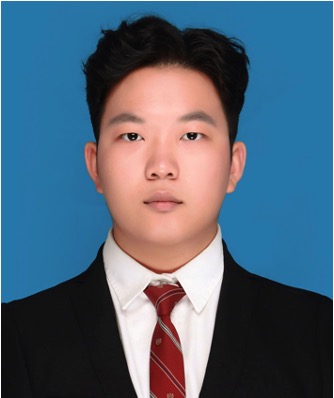
状态: 硕士
研究方向: 大模型推理分割,遥感变化检测
成果: 曾获:2024 ISPRS多模态遥感应用算法解译大赛冠军、2025 长光"吉林一号"杯遥感应用大赛冠军、2025 CVPR第四届反无人机竞赛赛道一冠军赛道二亚军、国家奖学金(本科)等荣誉
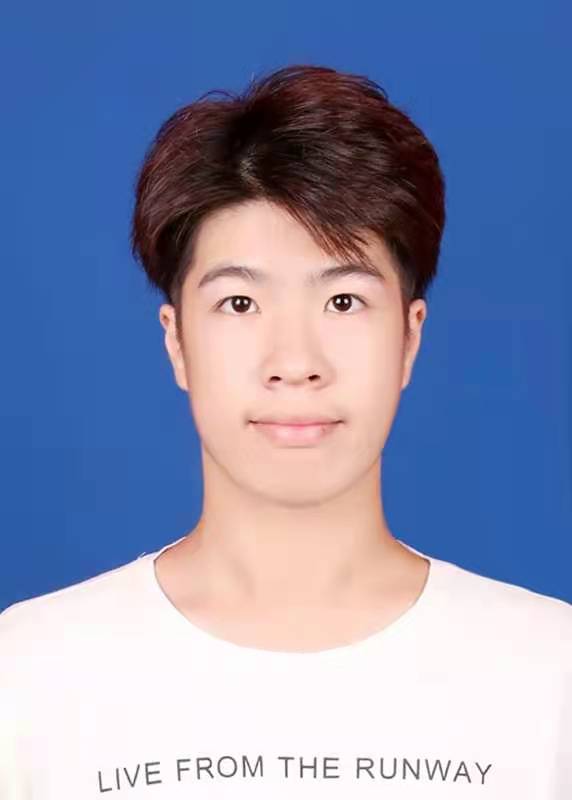
状态: 硕士
研究方向: 减论后端算法、智能科研服务
成果: 全国大学生数学建模竞赛天津赛区二等奖,25届考研分数410+

状态: 硕士
研究方向: 多模态模型、遥感感知
成果: 2022台达杯国际太阳能竞赛优秀奖,25届考研分数410+
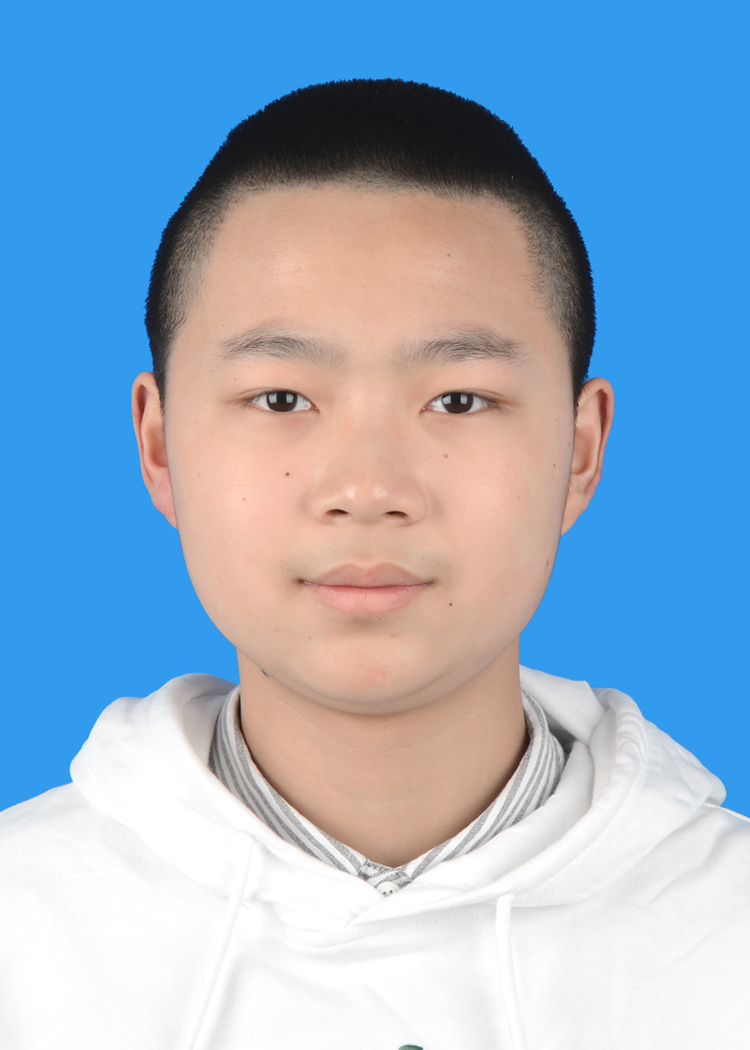
状态: 本科
研究方向: 遥感感知、大模型
成果: 2024ICPC成都/杭州银奖、2024数学建模比赛天津市二等奖
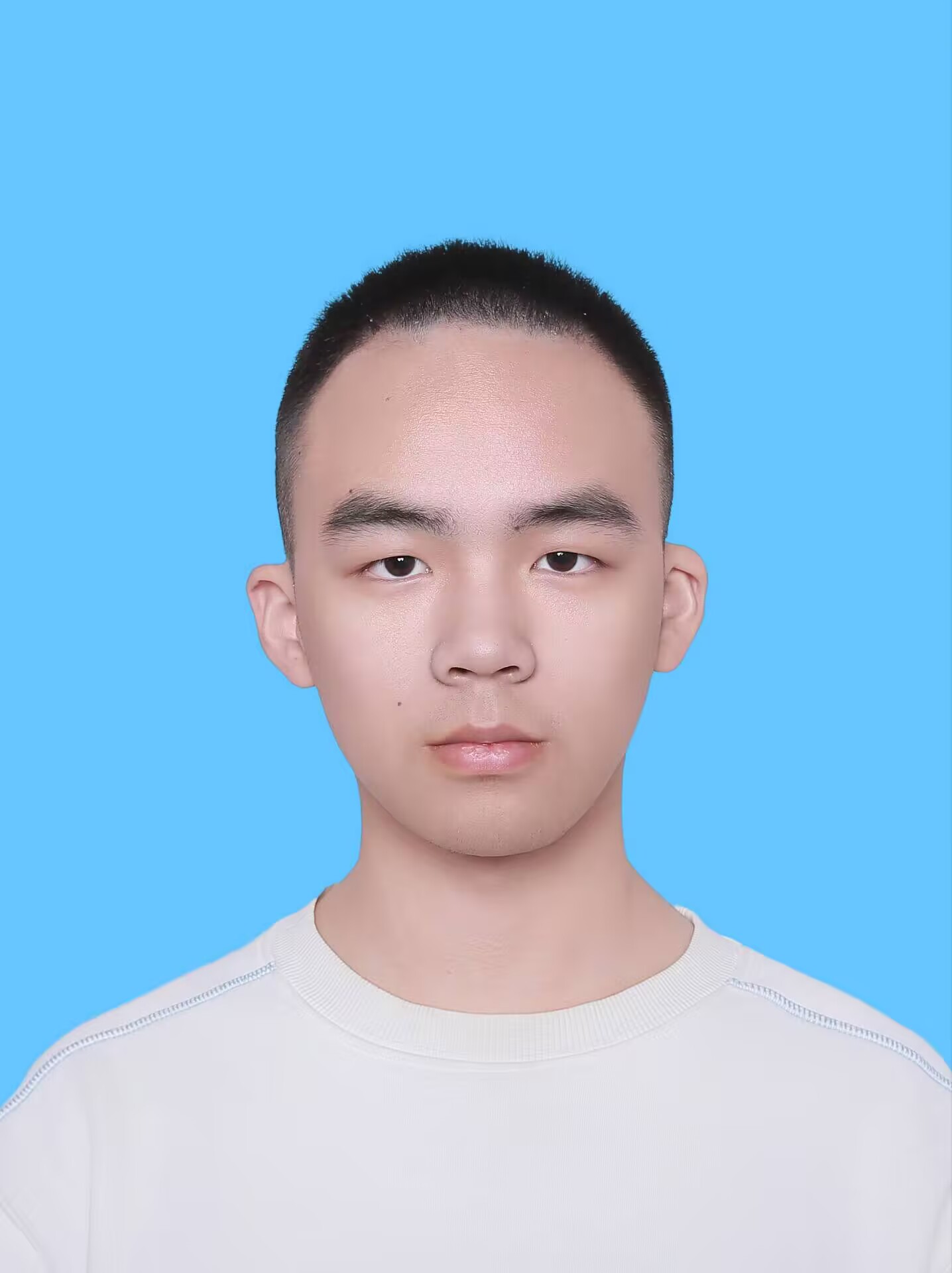
状态: 本科
研究方向: 减论后端、智能科研服务
成果: 2024ICPC成都/杭州银奖、2024ICPC西安邀请赛金奖、2025 长光"吉林一号"杯遥感应用大赛冠军

状态: 本科
研究方向: 大模型、智能科研服务
成果: 获得南开大学国家励志奖学金,在AAAI2025以第二作者发表论文一篇,参与减论agent部分算法的开发和优化

状态: 本科
研究方向: 大模型、智能科研服务
成果: 获得南开大学国家励志奖学金,在AAAI2025以第四作者发表论文一篇,参与减论agent部分算法的开发和优化
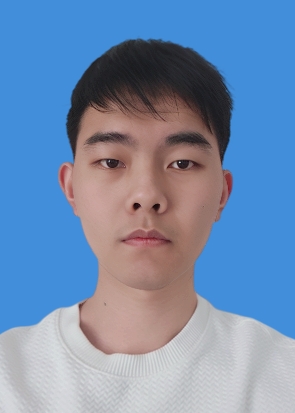
状态: 本科
研究方向: 减论后端、智能科研服务
成果: 参与减论APP后端算法的开发和优化
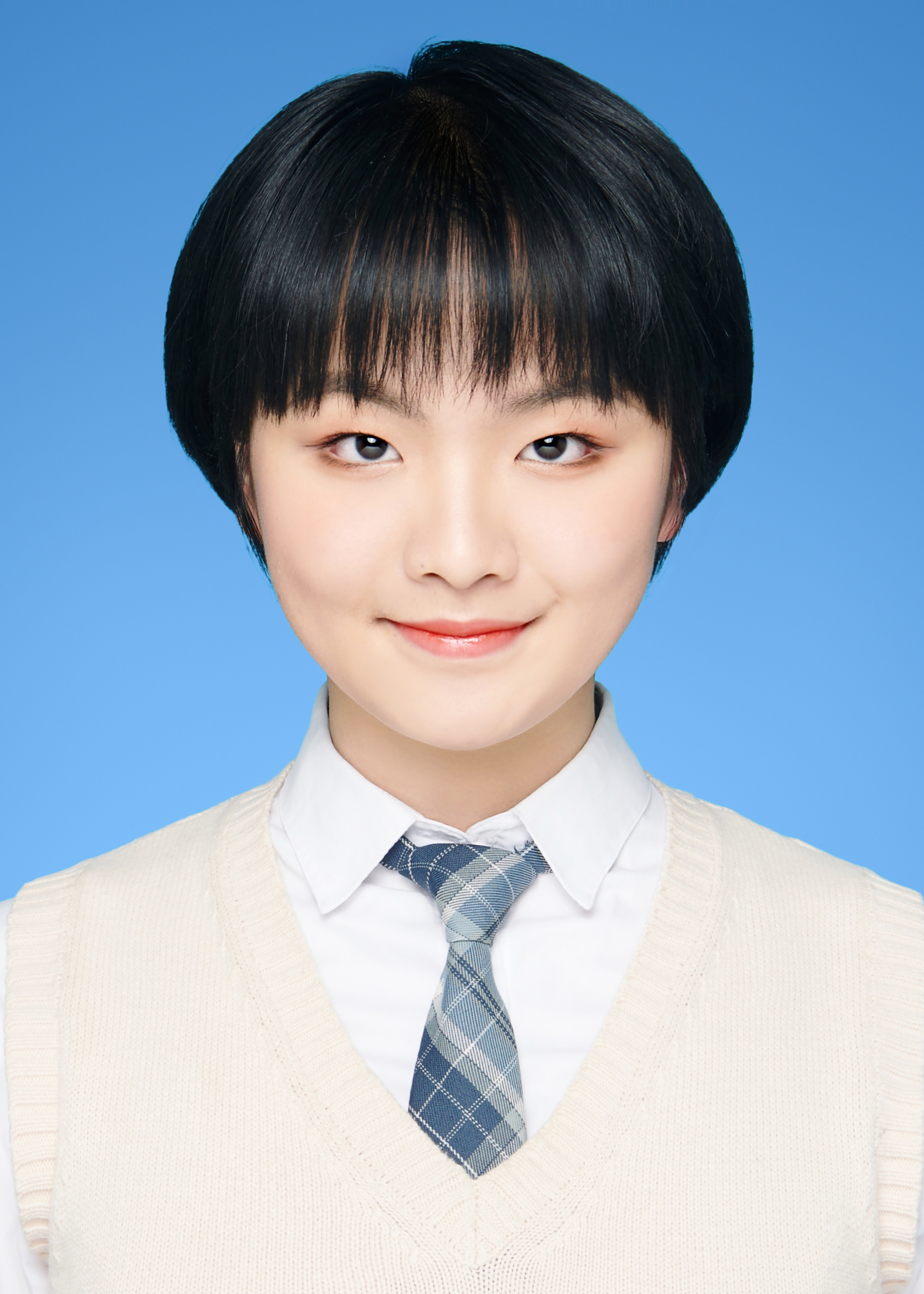
状态: 本科
研究方向: 减论产品、智能科研服务
成果: 第二届“吉林一号”杯卫星遥感应用青年创新创业大赛 赛题D三等奖,互联网+减论项目主要负责人
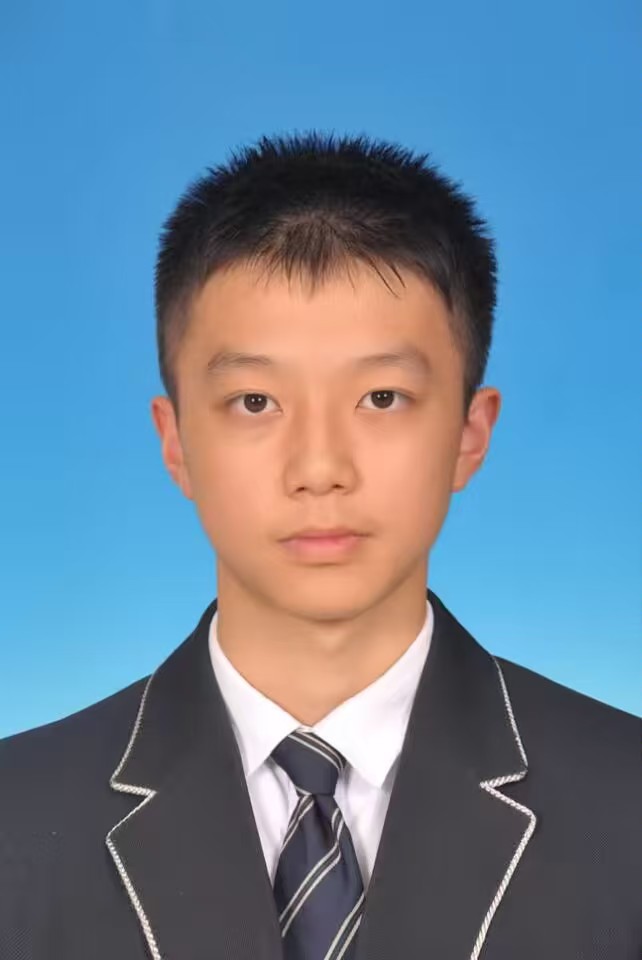
状态: 本科
研究方向: 减论算法、智能科研服务
成果: 获得南开大学公能奖学金,2024全国大学生数学建模竞赛天津赛区二等奖,南开火山杯减论算法负责人
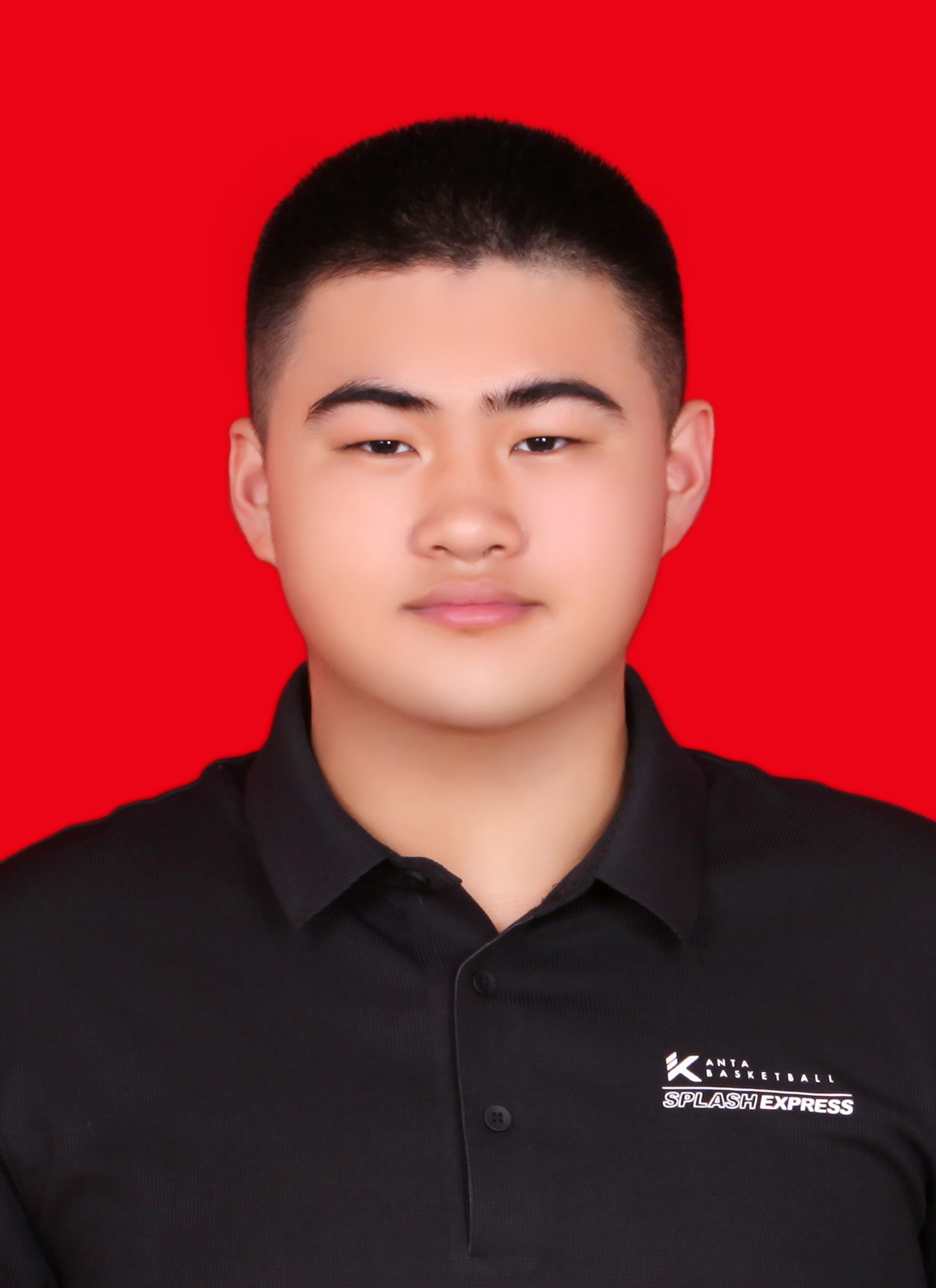
状态: 本科
研究方向: 减论产品、智能科研服务
成果: 减论产品设计社区板块负责人、减论基金申请
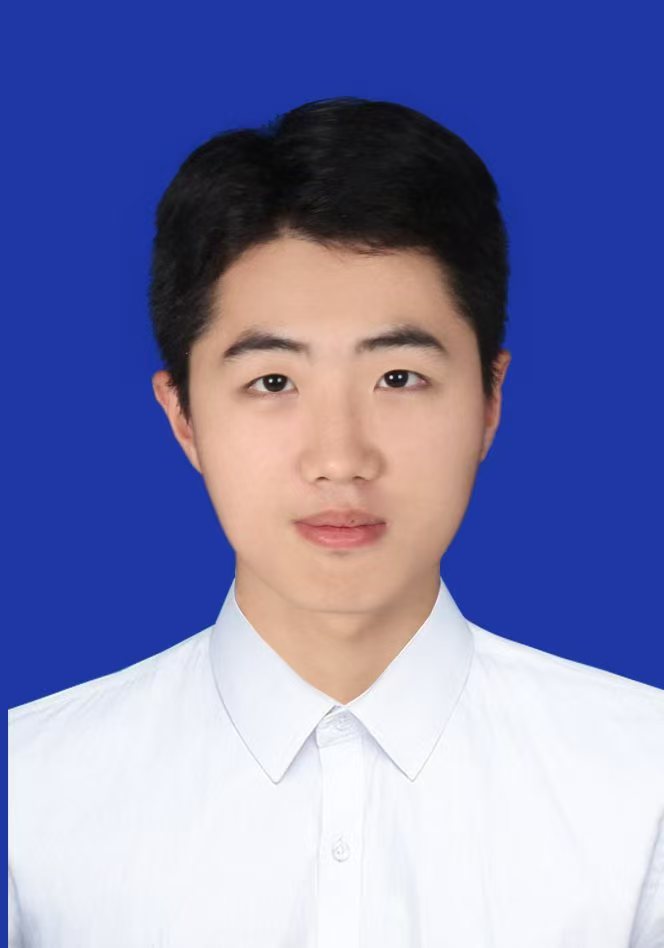
状态: 本科
研究方向: 减论产品、智能科研服务
成果: 获得南开大学学业优秀奖学金,减论产品经理
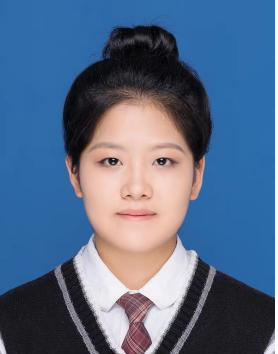
状态: 本科
研究方向: 多智能体感知、大模型
成果: 获得南开大学国家奖学金,参与POI算法研究和AVT相关工作
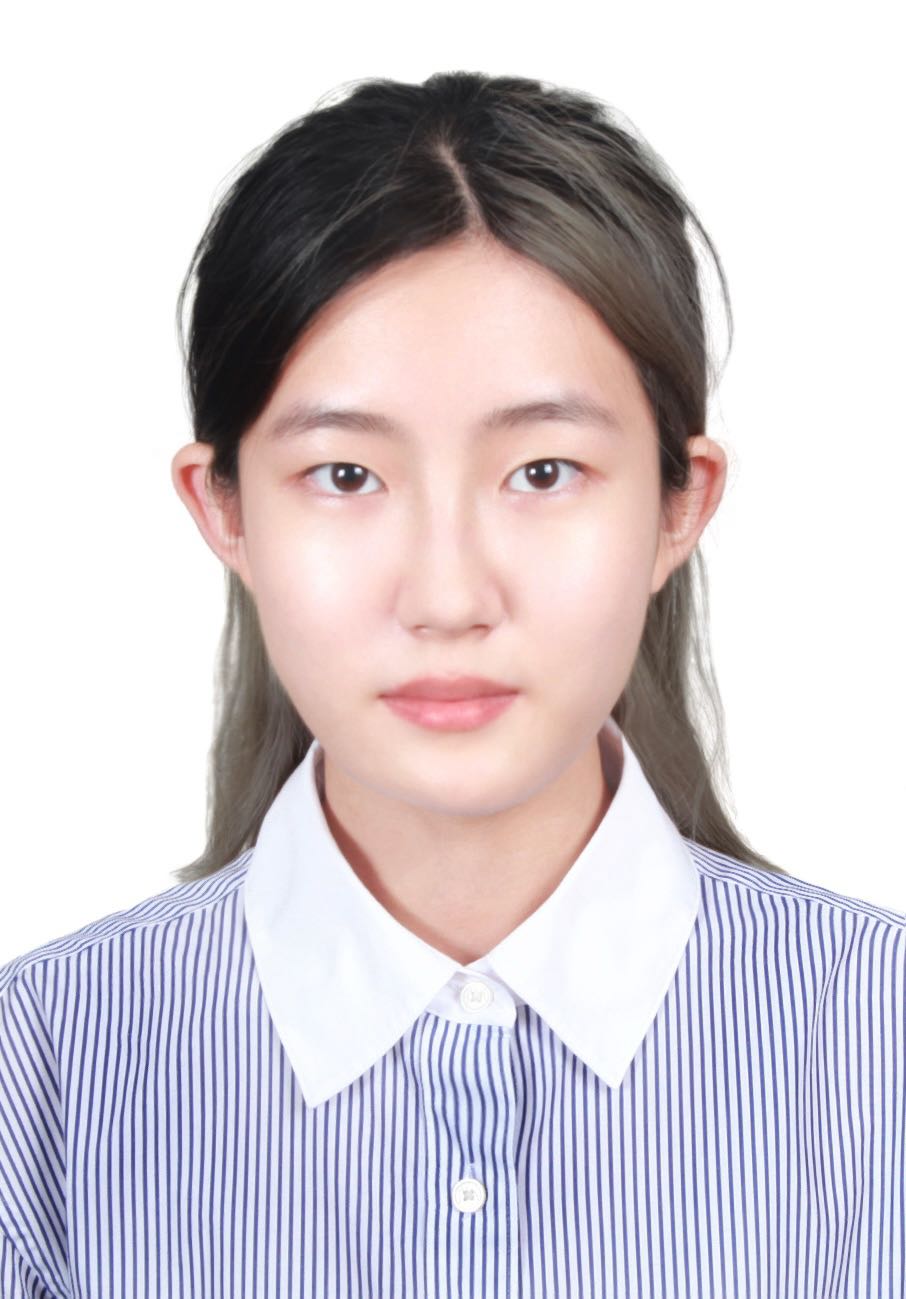
状态: 本科
研究方向: 减论产品、智能科研服务
成果: 减论产品经理及UI设计、减论基金申请
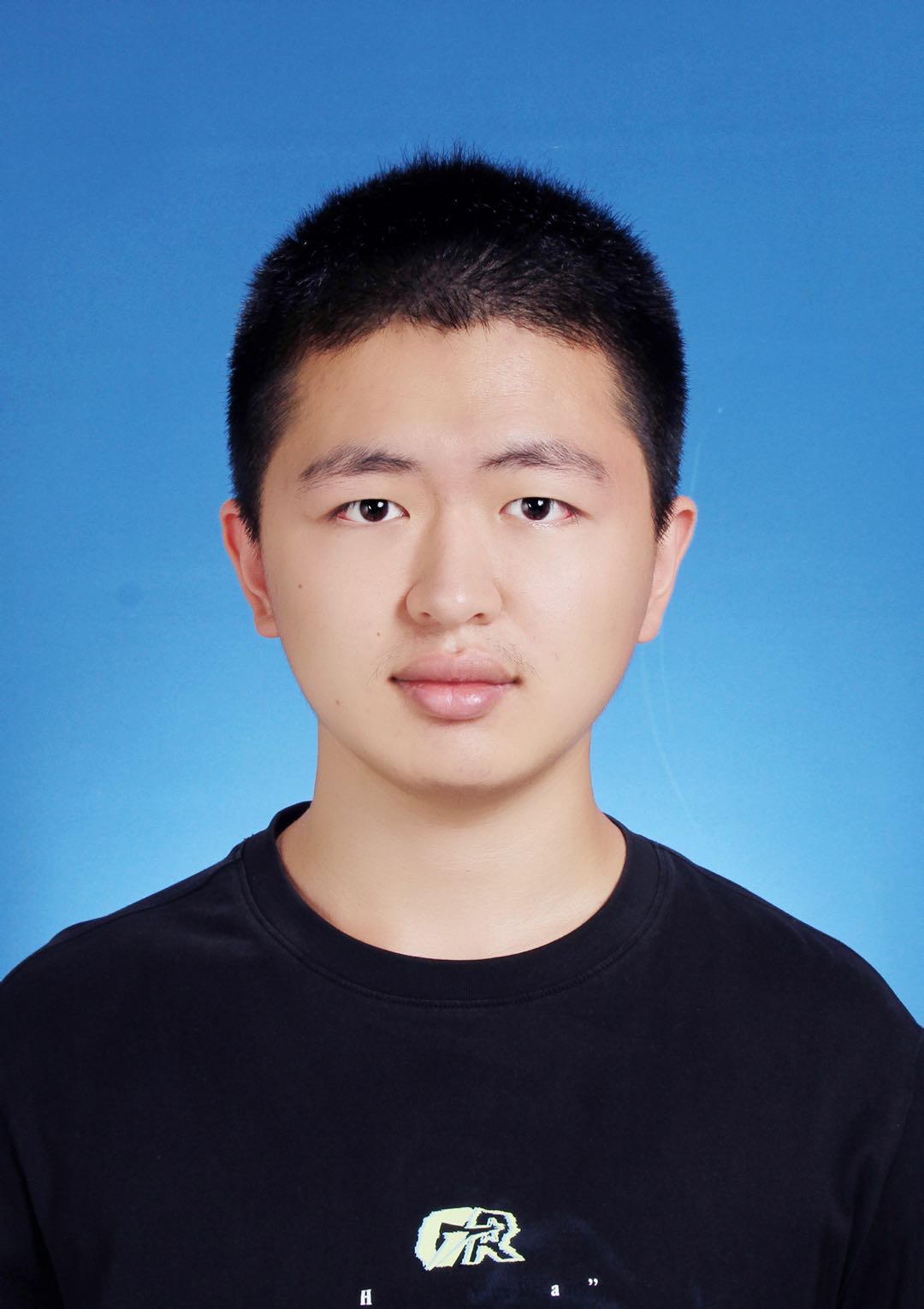
状态: 本科
研究方向: 减论产品、智能科研服务
成果: 减论产品经理及我的板块设计
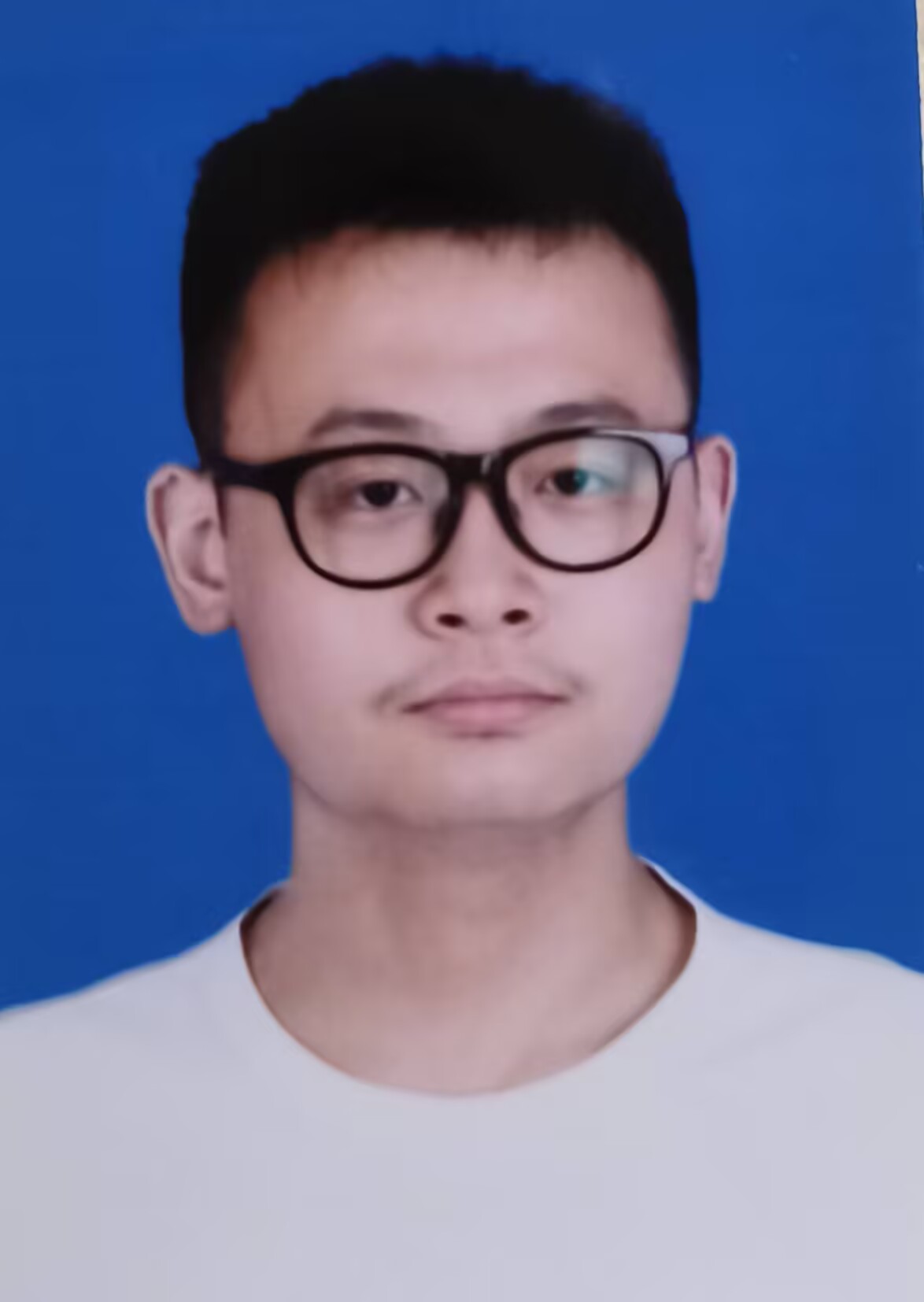
状态: 本科
研究方向: 减论算法、智能科研服务
成果: 减论平台作者定位与引用评价研发负责人
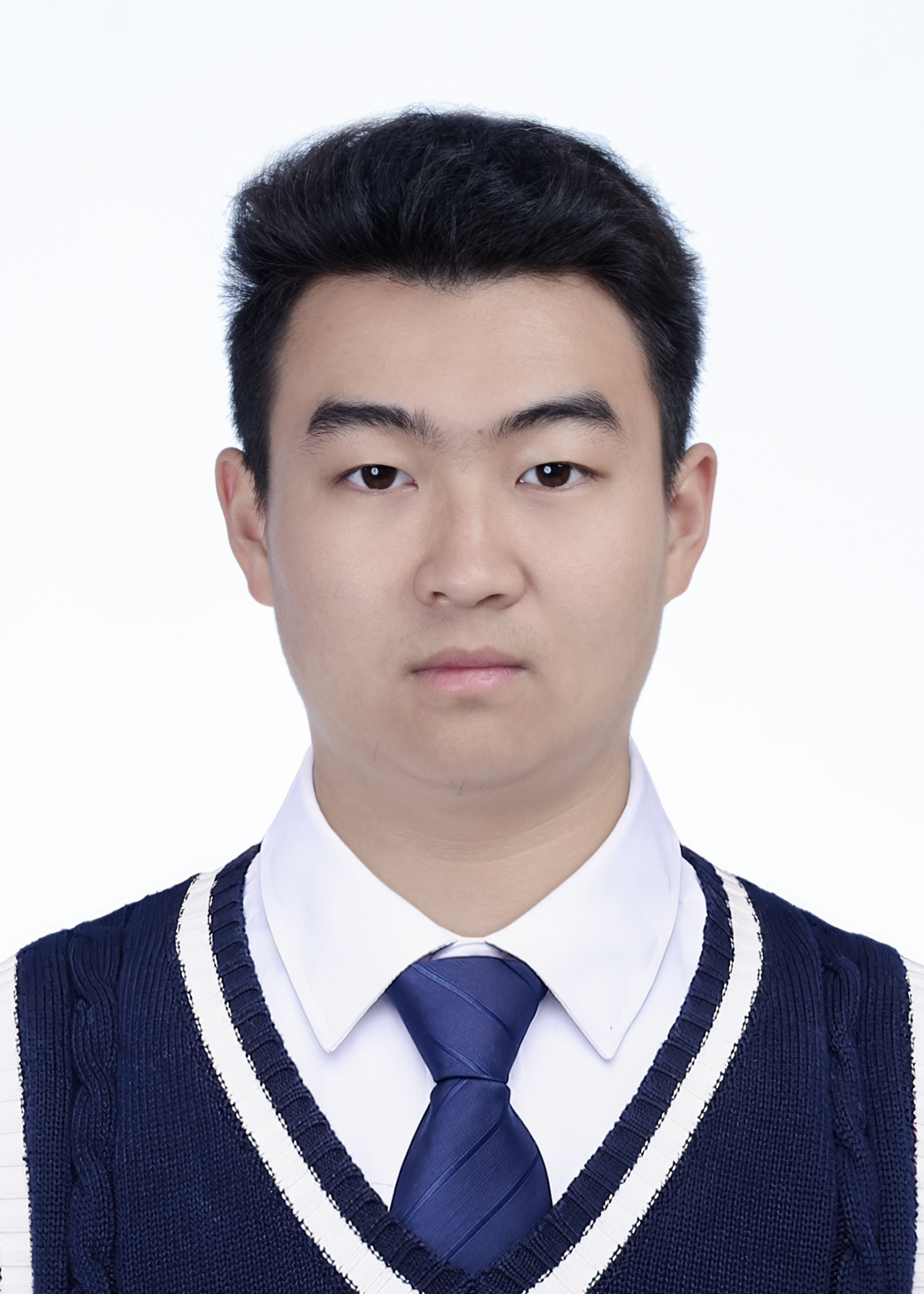
状态: 本科
研究方向: 减论算法、智能科研服务
成果: 南开大学物理学术竞赛作品赛一等奖、互联网+减论项目主要负责人
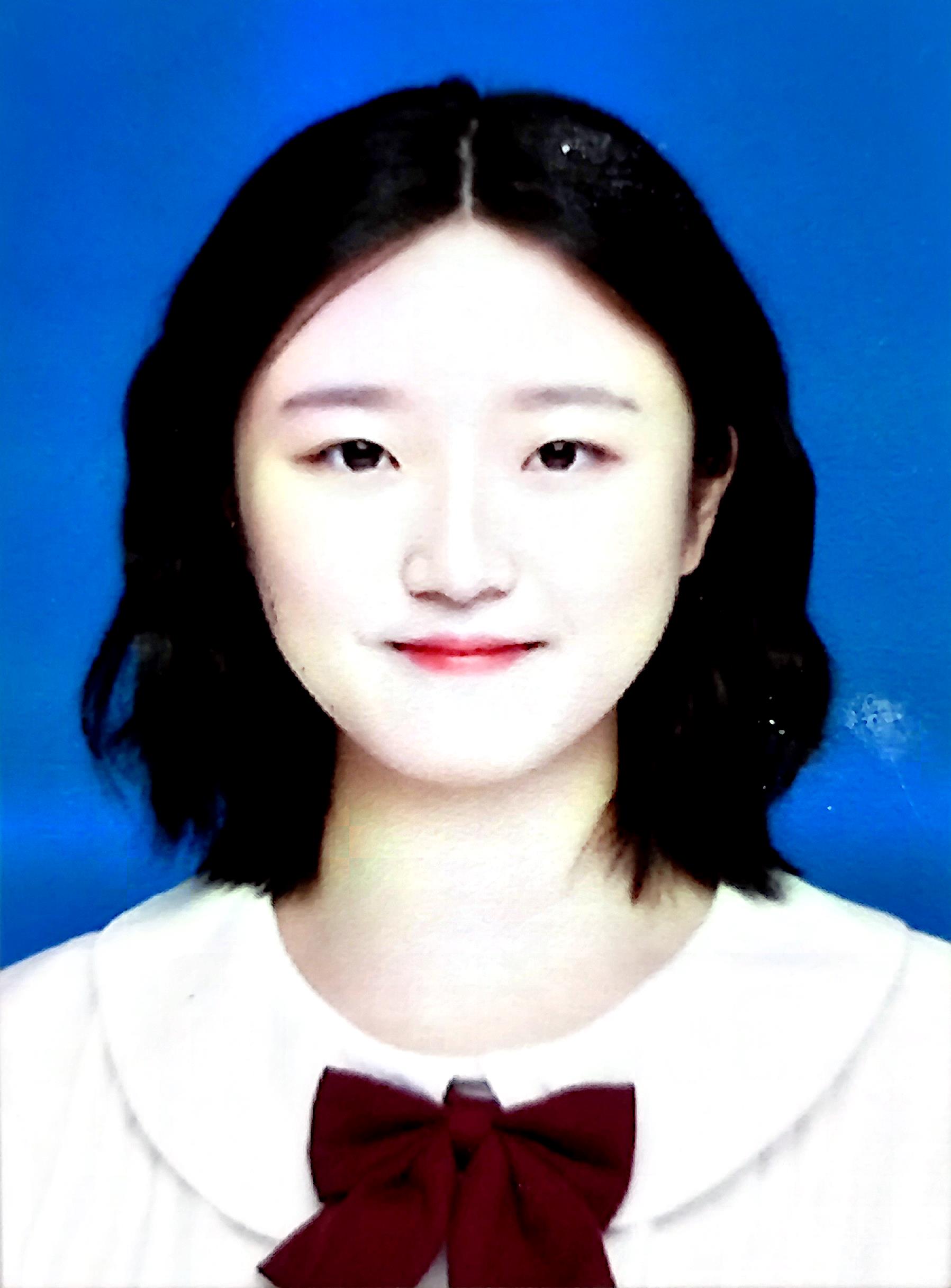
状态: 本科
研究方向: 减论算法、智能科研服务
成果: 获得南开大学公能奖学金,2023全国大学生数学建模竞赛天津赛区一等奖,参与基础数据元信息提取相关工作
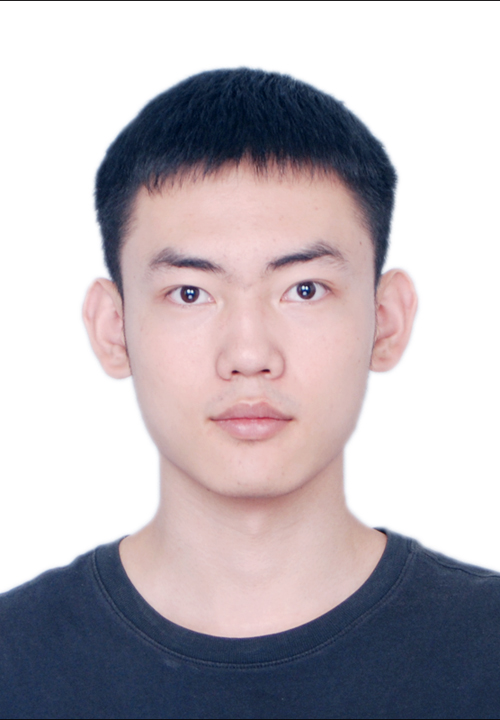
状态: 本科
研究方向: 减论算法、智能科研服务
成果: 南开大学公能奖学金,2023美国大学生数学建模竞赛H奖,2024全国大学生数学建模竞赛天津赛区省级二等奖,PolarDB数据库创新设计赛优胜奖
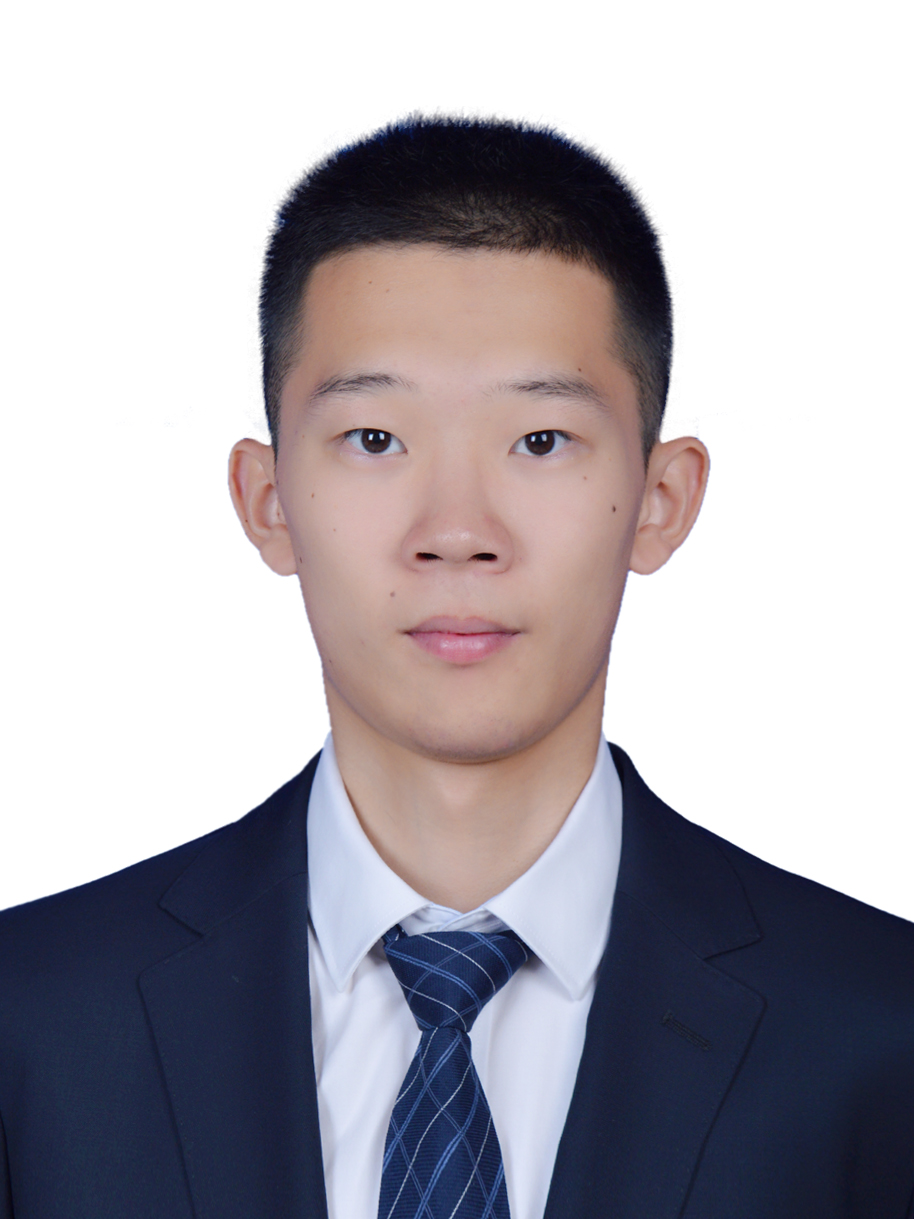
状态: 本科
研究方向: 减论算法、智能科研服务
成果: 南开大学公能奖学金
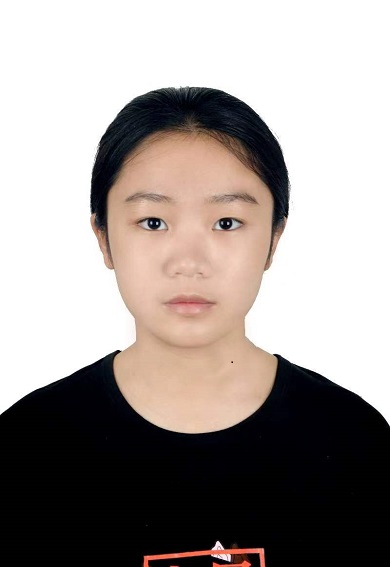
状态: 本科
研究方向: 减论产品、智能科研服务
成果: 第二届“吉林一号”杯卫星遥感应用青年创新创业大赛 赛题D三等奖





 [Blog(Chinese)]
[Video(Chinese)]
[Blog(Chinese)]
[Video(Chinese)]
 [Blog(Chinese)]
[Blog(Chinese)]

 [中文解读]
[Report]
[Talk]
[BibTex]
[中文解读]
[Report]
[Talk]
[BibTex]

